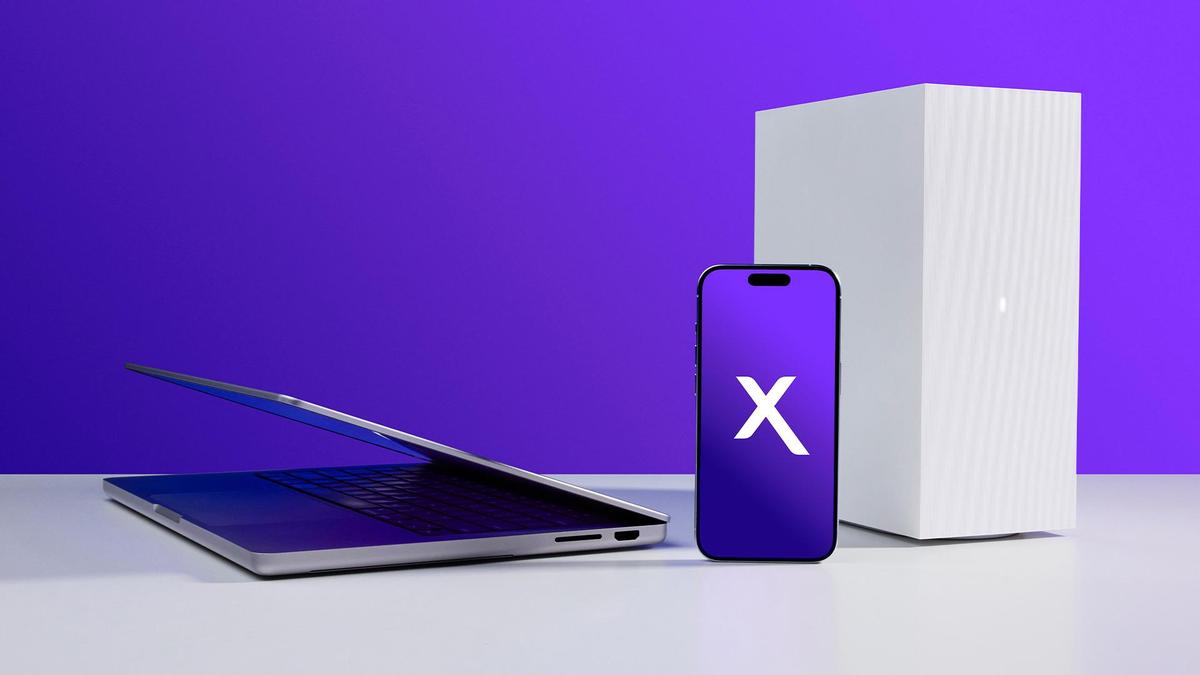The Tariff Tango: Why Trump’s Policies Made Me Replace My iPhone Battery
The Tariff Tango: Why Trump’s Policies Made Me Replace My iPhone Battery
For five glorious years, my trusty iPhone 12 Mini and I were inseparable. It was the perfect size, lightweight, and did everything I needed it to do. Sure, the battery was showing its age, gradually succumbing to the inevitable decline that plagues all rechargeable power sources. But I was content… until politics intervened.
Then came the looming threat of increased tariffs, a direct consequence of Donald Trump’s trade policies. Suddenly, the decision of whether to replace my aging battery became urgent. Was it time for a new phone, or could I prolong my beloved Mini’s life by investing in a new battery now, before prices skyrocketed?
The iPhone 12 Mini: A Perfect Fit, Imperfect Battery
I’m a confessed fan of smaller phones, and the iPhone 12 Mini hit the sweet spot. It slipped easily into my pocket, felt comfortable in my hand, and didn’t weigh me down. When it was initially released, reviews noted its less-than-stellar battery life. Our very own review mentioned the battery often dying by evening. Luckily, my usage was lighter, so it wasn’t a major issue – until recently.
My battery health had dwindled to a mere 80% of its original capacity. This meant that unless I activated “low power mode” early in the day, my phone would inevitably run out of juice before I could plug it in at night. It was a nuisance, but not quite enough to justify a brand new phone… or so I thought.
The Disposable Design Dilemma
Apple, like many tech companies, has a tendency to design its products with a certain degree of disposability in mind. The relentless pursuit of “sleekness,” a design philosophy often attributed to former Apple design chief Jony Ive, sometimes seems to prioritize aesthetics over practicality. While undeniably beautiful, these designs often make repairs more difficult and encourage the constant cycle of upgrading to the latest model.
The truth is, the core functionality of iPhones hasn’t drastically changed in recent years. Each new iteration brings incremental improvements – a slightly better camera, a marginally faster processor, a brighter screen. As one Verge review aptly put it, each new iPhone offers “a set of very nice but ultimately minor changes” compared to its predecessor. These upgrades, while appealing, rarely justify the cost of a brand new device, especially when my current phone still meets my basic needs.
The Tariff Trigger: A Catalyst for Change
So, what pushed me to finally address my battery woes? The answer, as mentioned, lies in the potential impact of tariffs. The threat of increased import taxes on electronic components meant that the cost of repairs, including battery replacements, was likely to increase. Waiting would only mean paying more for the same service.
This economic pressure forced me to confront a fundamental question: was I willing to succumb to the planned obsolescence inherent in the tech industry, or would I fight back and extend the life of my perfectly functional iPhone 12 Mini? The answer, thanks to the tariff-induced urgency, became surprisingly clear.
Choosing Repair Over Replacement
Ultimately, I opted to replace the battery. It was a more sustainable and economically sound decision than purchasing a brand new phone. I avoided contributing to the e-waste problem and saved a significant amount of money in the process. More importantly, I got to keep the phone I loved, the one that fit perfectly in my hand and seamlessly integrated into my daily life.
A Lesson in Consumer Choice
My experience highlights the complex interplay between technology, economics, and politics. Tariffs, while often debated in abstract terms, have real-world consequences for consumers. They can influence purchasing decisions and force us to reconsider our relationship with technology.
In a world of constant upgrades and planned obsolescence, choosing repair over replacement can be a powerful act of resistance. It’s a way to push back against the throwaway culture and embrace a more sustainable and mindful approach to technology consumption. And sometimes, all it takes is a little nudge from unexpected sources – like, say, a tariff – to make the right choice.
So, thank you (sort of), Donald Trump, for inadvertently inspiring me to extend the life of my iPhone 12 Mini. You may have intended to disrupt trade, but you also inadvertently encouraged me to embrace a more sustainable and cost-effective solution.
Source: The Verge



